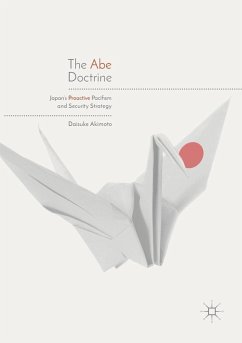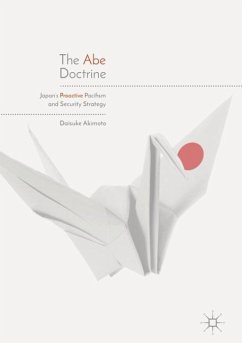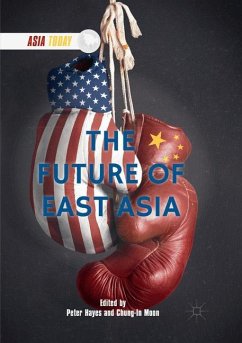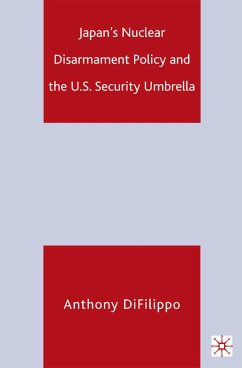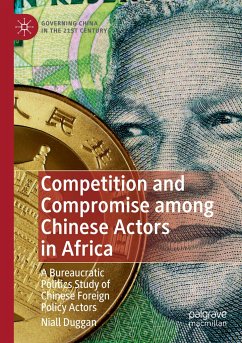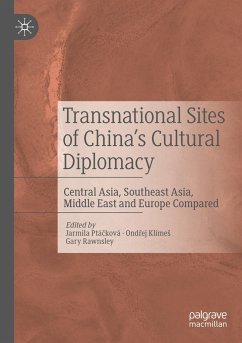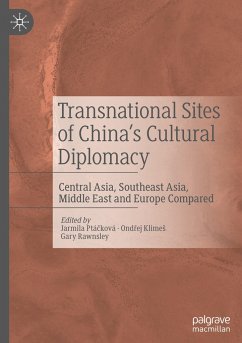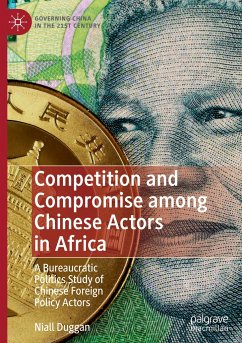
Japan's Nuclear Identity and Its Implications for Nuclear Abolition
Versandkostenfrei!
Versandfertig in 6-10 Tagen
76,99 €
inkl. MwSt.
Weitere Ausgaben:

PAYBACK Punkte
38 °P sammeln!
This book examines Japan's nuclear identity and its implications for abolition of nuclear weapons. By applying analytical eclecticism in combination with international relations theory, this book categorizes Japan's nuclear identity as a 'nuclear-bombed state' (classical liberalism), 'nuclear disarmament state' (neoliberalism), 'nuclear-threatened state' (classical realism), and a 'nuclear umbrella state' (neorealism). This research investigates whether the bombings of Hiroshima and Nagasaki were 'genocide' or not, to what degree Japan has contributed to nuclear disarmament, how Japan has been...
This book examines Japan's nuclear identity and its implications for abolition of nuclear weapons. By applying analytical eclecticism in combination with international relations theory, this book categorizes Japan's nuclear identity as a 'nuclear-bombed state' (classical liberalism), 'nuclear disarmament state' (neoliberalism), 'nuclear-threatened state' (classical realism), and a 'nuclear umbrella state' (neorealism). This research investigates whether the bombings of Hiroshima and Nagasaki were 'genocide' or not, to what degree Japan has contributed to nuclear disarmament, how Japan has been threatened by ballistic missiles and nuclear weapons of North Korea, and how Japan's security policy has been embedded with the nuclear strategy of the United States. It also sheds light on theoretical factors that Japan does not support the Treaty on Prohibition of Nuclear Weapons (TPNW). Finally, this book considers the future of Japan's nuclear identity and attempts to explore alternatives for Japan's nuclear disarmament diplomacy toward a world without nuclear weapons.






